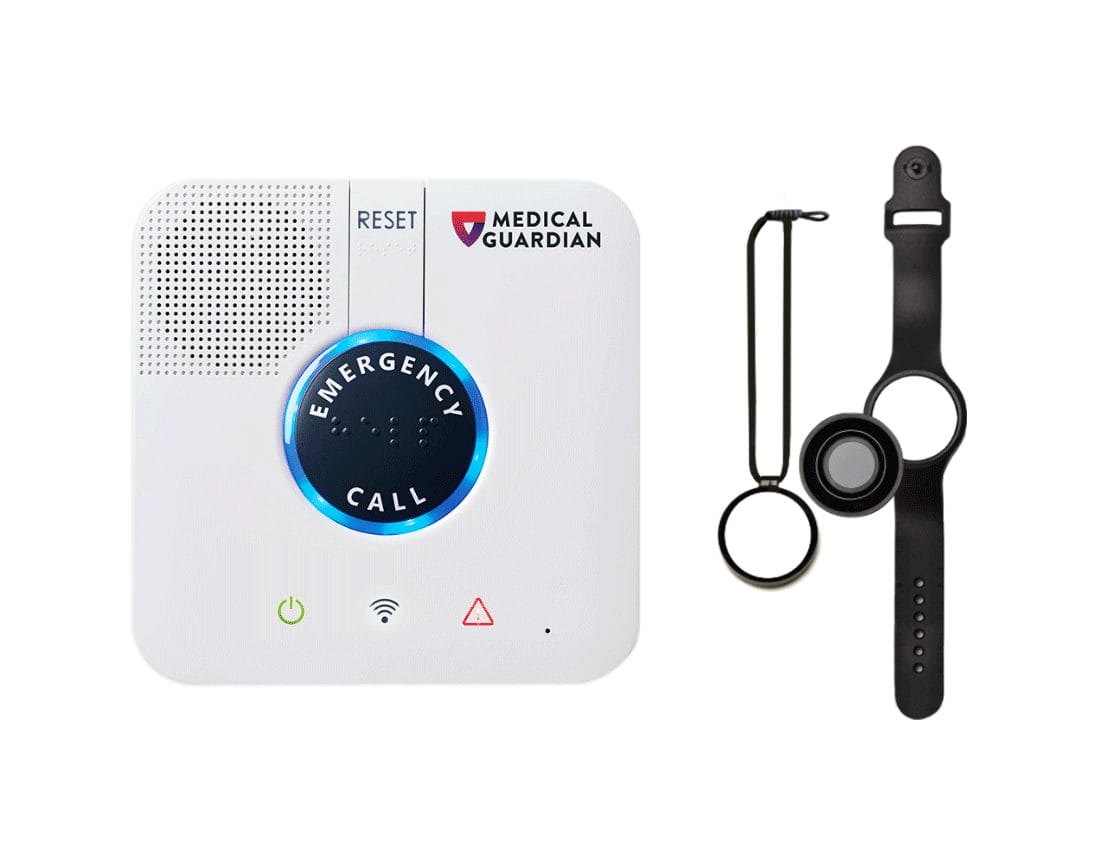
In an era where the aging population is steadily rising, the role of family caregivers has become increasingly vital. Many find themselves in the position of being the primary caregiver for an older adult family member, often without any formal compensation. This article explores the avenues through which these dedicated caregivers can get paid to take care of a family member. From government assistance to other innovative options, we delve into the various ways family caregivers can be compensated while also touching on important financial, legal, and compliance considerations.
Government assistance for family caregivers
Some primary sources of support for family caregivers come from government programs. These programs are designed to acknowledge caregivers’ crucial role and provide them with the necessary financial assistance.
Medicaid options: Self-directed care
If your senior loved one qualifies to receive Medicaid benefits, you may be able to get paid to take care of them. A significant option for compensation is through Medicaid waivers, specifically the self-directed care programs. These programs allow individuals receiving Medicaid to manage their own health care services, including the choice of hiring family members as caregivers. To access this payment option, caregivers need to understand the specific process involved, which typically includes becoming an approved provider and fulfilling Medicaid’s caregiver requirements. It is essential to note that these programs vary by state, making it imperative that caregivers contact their state’s Medicaid office to learn more about the available options and eligibility criteria.
VA Caregiver Support Program
For family members caring for Veterans, the VA Caregiver Support Program offers substantial assistance. Certain programs under this initiative provide a caregiver stipend, which is financial compensation for the care provided to the Veteran. To qualify for this stipend, caregivers must take care of a Veteran who requires assistance with activities of daily living or is housebound. The application process involves an assessment of the Veteran’s needs and the caregiver’s role, ensuring that the support provided aligns with the Veteran’s medical requirements. You may also be able to get a stipend to take care of your senior Veteran loved one through the Program of Comprehensive Assistance for Family Caregivers.
VA Aid and Attendance benefit
Another valuable resource is the VA Aid and Attendance benefit, which, while not directly paying caregivers, increases the monthly pension amount of eligible Veterans and surviving spouses. This additional pension can indirectly support the costs associated with caregiving. Caregivers of Veterans who require assistance with daily activities or are housebound should explore this benefit. If they meet military service, net worth, income, and health criteria, a Veteran or their surviving spouse may be able to receive over $2,000 per month in additional income. This benefit can be an invaluable resource for offsetting caregiving expenses, including paying a family member to help provide that care.
Other options for getting paid as a family caregiver
There are other avenues apart from government programs for caregivers to receive financial compensation. These options often require careful consideration of financial and legal aspects but can support caregivers significantly.
Paid family leave
Many regions and employers offer paid family leave policies that family caregivers can utilize. This type of leave allows caregivers to take time off work while receiving partial or full pay. Caregivers should investigate their local laws and employer’s policies regarding paid family leave to understand their eligibility and the benefits available.
Utilizing financial products
In some cases, seniors may have financial assets that can be utilized to compensate their family caregivers. This can include tapping into life insurance settlements, using long-term care insurance policies, or leveraging other financial products. Each of these options has distinct financial implications and legal requirements. For instance, a life insurance settlement involves selling the policy for a lump sum, which can then be used to pay for caregiving services. Similarly, long-term care insurance policies may cover certain types of caregiving expenses. Caregivers should work with financial advisers to fully understand these options and their ramifications.
Tax credits and deductions
While not a direct form of payment, tax credits and deductions can help family caregivers recover some of the costs associated with caregiving. These financial benefits allow caregivers to deduct eligible expenses from their taxable income or receive a credit for money spent on caregiving. Understanding the specific tax benefits available and how to claim them can provide significant financial relief to caregivers.
Legal, compliance, and tax considerations
When navigating the realm of financial compensation for caregiving, caregivers must be aware of legal and compliance issues. This includes understanding the contractual obligations if they are being paid through programs like Medicaid or a VA benefit. It’s important to consult a legal or financial adviser to understand these nuances.
For those using financial products or insurance policies to fund caregiving, it’s important to know the terms and conditions as well as any impact on the senior’s estate or benefits.
Taxation is a significant aspect of receiving payment as a caregiver. Income received as a caregiver is generally taxable, and caregivers should report it accurately. On the flip side, tax credits and deductions for caregiving expenses can offer some relief. The IRS provides specific guidelines on what expenses can be deducted and the qualifications for claiming a dependent. Understanding these rules can help caregivers make informed decisions and potentially reduce their tax burden.
Being the caregiver of a family member can pay, but know the rules
The journey of a family caregiver is often filled with challenges and sacrifices, but it’s heartening to know that there are various ways to get paid to take care of a family member. Government programs like Medicaid and VA benefits provide structured pathways for compensation. Other options, such as utilizing financial products and tapping into tax credits, offer alternative means to manage the financial aspects of caregiving.
With these financial supports comes the responsibility of understanding and adhering to the legal and tax implications. It’s crucial for caregivers to seek advice from financial and legal professionals to navigate these waters effectively. By doing so, caregivers can ensure they are compensated fairly while also complying with legal and financial requirements.








